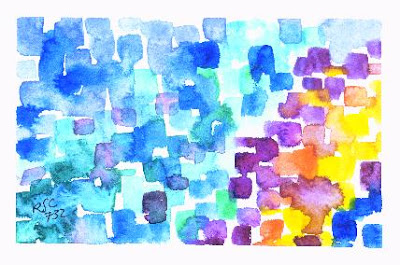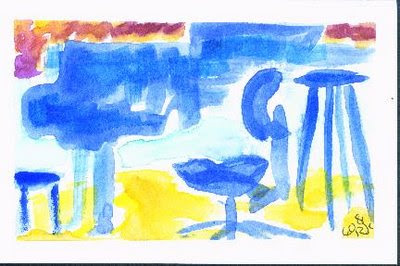
American Life in Poetry: Column 196
BY TED KOOSER, U.S. POET LAUREATE, 2004-2006
One of the most effective means for conveying strong emotion is to invest some real object with one's feelings, and then to let the object carry those feelings to the reader. Notice how the gloves in this short poem by Jose Angel Araguz of Oregon carry the heavy weight of the speaker's loss.
Gloves
I made up a story for myself once,
That each glove I lost
Was sent to my father in prison
That's all it would take for him
To chart my growth without pictures
Without words or visits,
Only colors and design,
Texture; it was ok then
For skin to chafe and ash,
To imagine him
Trying on a glove,
Stretching it out
My open palm closing
And disappearing
In his fist.
American Life in Poetry is made possible by The Poetry Foundation (www.poetryfoundation.org), publisher of Poetry magazine. It is also supported by the Department of English at the University of Nebraska-Lincoln. Poem copyright (c) 2007 by Jose Angel Araguz. Poem reprinted from "Rattle," Vol. 13, no. 2, Winter 2007, by permission of Jose Angel Araguz. Introduction copyright (c) 2008 by The Poetry Foundation. The introduction's author, Ted Kooser, served as United States Poet Laureate Consultant in Poetry to the Library of Congress from 2004-2006. We do not accept unsolicited manuscripts.
******************************






















